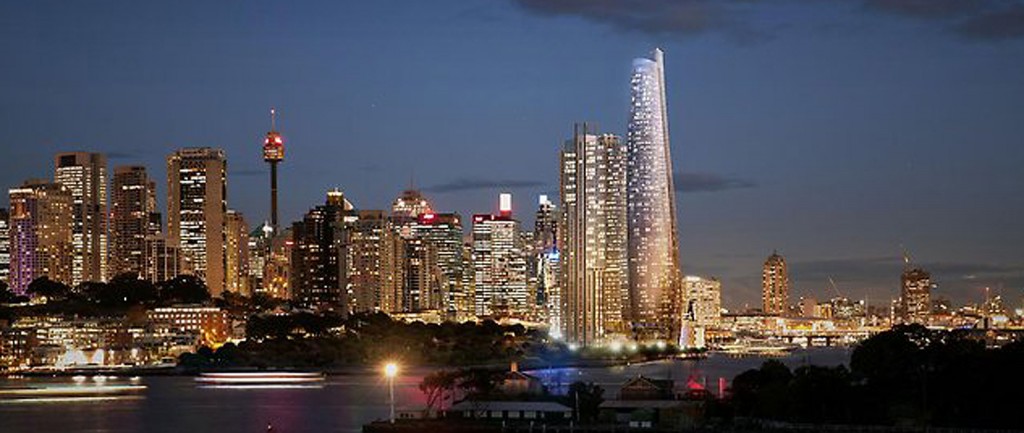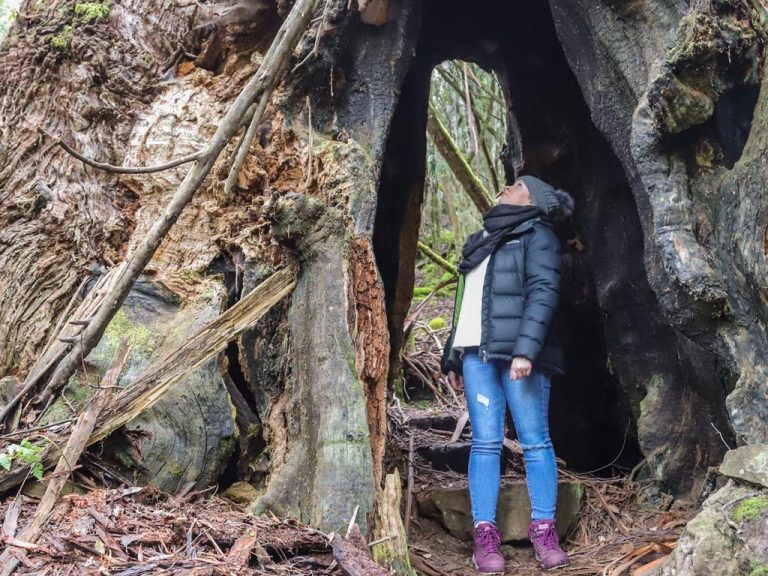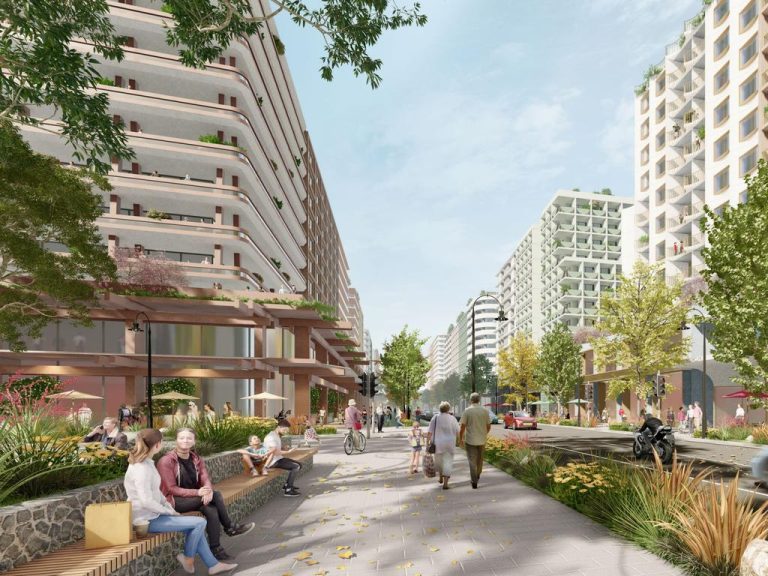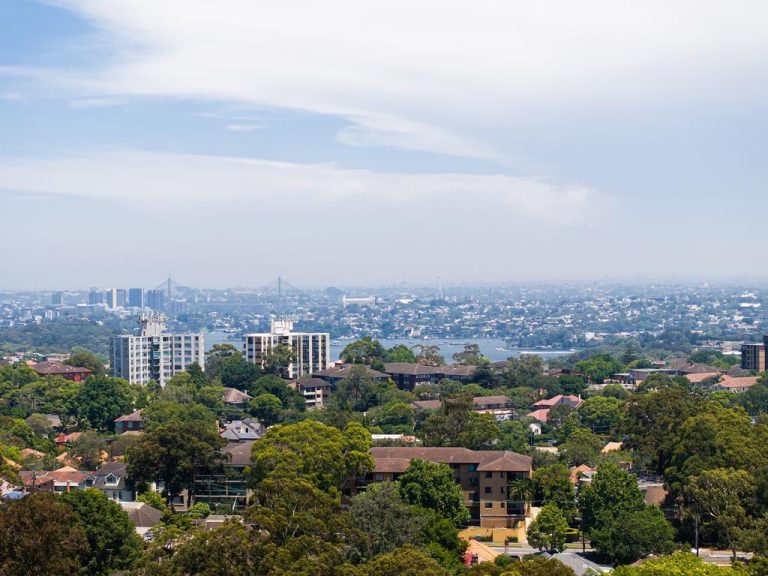Six-star hotels to change the face of accommodation industry

The Australian hotel industry is set for a shakeup, with the emergence of four new six-star hotels across the country, and more likely to follow.
The largest is a 350-room hotel being developed by Crown Resorts to serve the high rollers gaming facility that forms the centrepiece of the Barangaroo project on Sydney Harbour.
Melbourne will see the opening of the six-star Ritz Carlton with 250 luxury suites and apartments atop a 79-storey tower at the western end of the CBD.
The developer, Far East Consortium Group, is also building a 204-room six-star hotel in Perth’s Elizabeth Quay and is part of a consortium tendering for a luxury resort at Queens Wharf in Brisbane.
Currently just 1% of Australian hotels achieve a five-star rating, according to consultancy Triple A, but they still dominate the most lucrative part of the market: high-spending holidaymakers and corporate travellers.

An artist’s impression of Melbourne’s upcoming Ritz Carlton hotel. Picture: Supplied
That’s why brands like Hyatt and InterContinental will be watching the new six-star additions closely.
Long-time tourism consultant Rodger Powell says the introduction of six-star brands will throw up a raft of challenges for established hotels.
“These five-star brands have a global positioning which their customers understand but I expect we are likely to see a mix of responses as new benchmarks are set at the top end,” Powell says.
The new six-star properties bring their own loyalty and marketing programs too, targeted at taking some of the high end business away from the incumbents
“These new properties are not bringing enough extra rooms to create an oversupply situation, but there will be movements around pricing and many established properties will focus on refurbishment; shaping their product to meet the new market.”
Powell points out that for globally branded hotels, it is the links they form with corporate travel services and frequent flyer programs that are key to their success.
“These are key strategic assets. Every point in the loyalty programs provides opportunities to talk to customers and drive up the frequency of stays,” he says.

Far East Consortium Group is building a six-star hotel at Perth’s Elizabeth Quay
“The new six-star properties bring their own loyalty and marketing programs too, targeted at taking some of the high end business away from the incumbents.”
Powell says another key battleground will form around major events on the sporting calendar like the Australian Open and cultural events such as the opera Turandot, which opens in Sydney next March.
“Events attract high-paying spectators as well as the stars of the show and their entourages, who require top notch accommodation along with security.”
While competition will be tough, Powell believes the new entrants will grow the luxury end of the market and stimulate reinvestment at existing properties.
“There are plenty of examples recently of hotels such as the Langham in Sydney and Sheraton on the Park who have spent a lot of effort upgrading to meet the new expectations at the luxury end.”
“I see this continuing, especially as hotels are performing well compared with other commercial property types, and with that profit comes the capacity to reinvest.”







